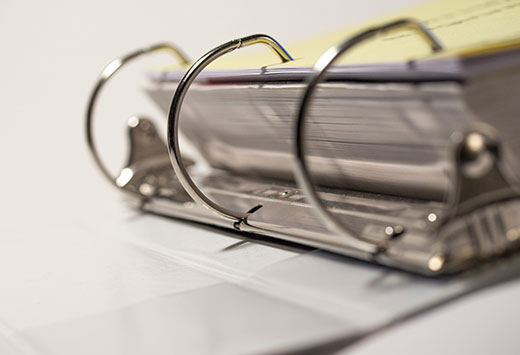When it comes to adoption, the process can be long and stressful, and it definitely involves a lot of paperwork. If you want to stay on top of it all, it is going to take some effort. Luckily, we are here to provide you with a great guide to help you organize your adoption paperwork easily, so you can focus on more important things.
Scan everything...
The first essential for staying organized is a scanner. You should never let a piece of adoption paperwork leave your home without making a copy. Sometimes, you need to use a piece of paperwork in reference to something else. This is why it’s so important to scan or copy everything. Also, save things like monthly reports to your agency, letters you mail to your birthparents and all the paperwork for your applications since every single paper is important.
Conduct regular backups...
It’s the best to scan everything to the computer, but make sure to do a regular backup. You can also try online services for remote backups, just to be sure that your adoption paperwork is safe and properly saved.
Have multiple copies...
You can choose to store your adoption paperwork on your computer, but it’s also good to have hard copies of everything since you can easily get lost if anything happens to your computer.
Organized binders...
Purchase three ring binders and a box of page protectors. Don’t put everything in one binder since that can also become messy and unorganized. Use one binder just for your child and one for your application, home study, finances, and receipts.
Divide the binders into sections...
1. Communication with birthparents is a section for storing letters and pictures that you’ve exchanged as well as documents about birthparents health history.
2. Monthly reports section is important since you’ll have to send them to your agency for the first six months after the finalization of your adoption process.
3. A financial section is extremely important since it’s crucial to write down every time you spend money. That’s important for tax purposes. Also, scan the receipts.
4. Home study is an important part of an adoption process. Include copies of paperwork given to your social worker including tax forms, financial statements, bills, and everything else there is
Make checklists...
Always create a checklist of documents you need for each stage, and make sure that everything is properly stored. You’ll need some of the same documents for different stages of the process. So, when getting a birth certificate and marriage licenses, get at least three copies.
So there you have it. The adoption paperwork is a lot to deal with, but with this short guide, you should be able to stay on top of things and make the best out of the situation.




